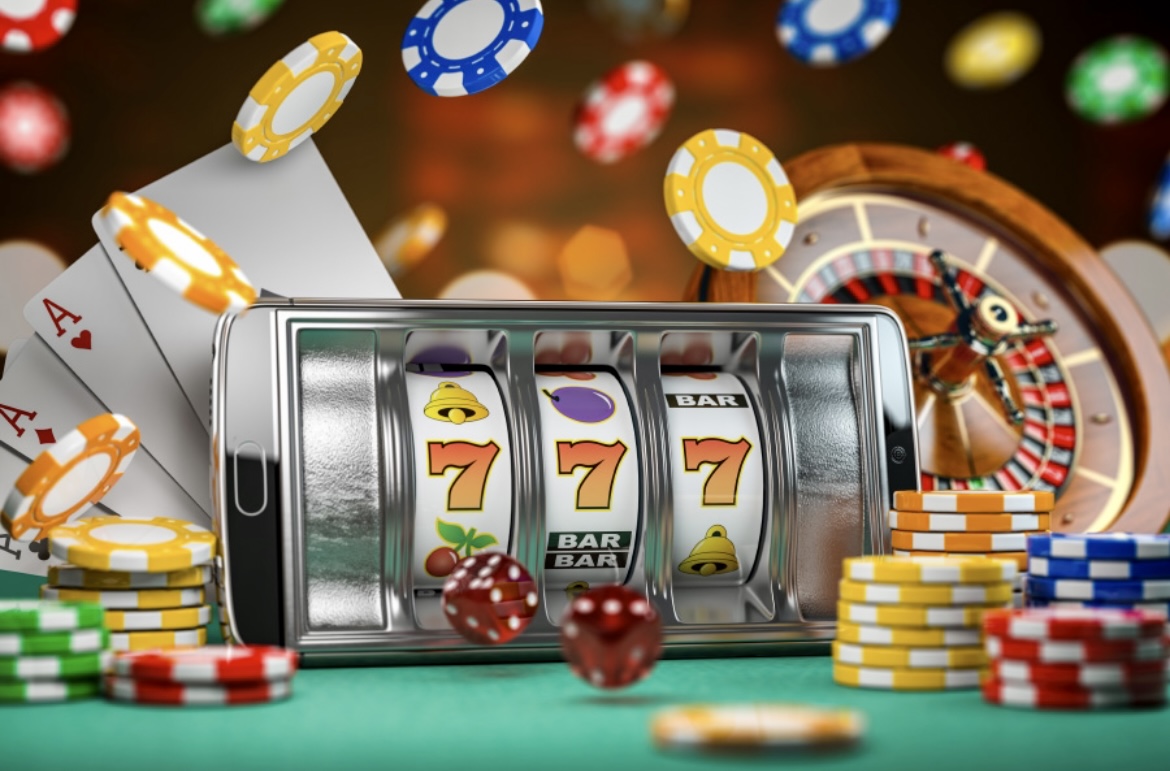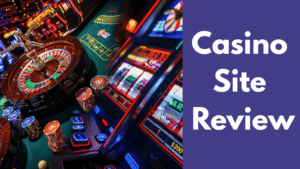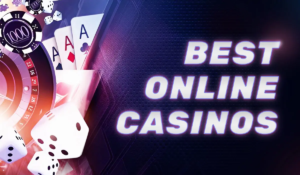How Casinos Keep You Playing (2024 Insider Analysis)
SlotsBaby machines represent one of the most psychologically sophisticated forms of entertainment ever created. This 1,500+ word exposé reveals:
✅ 10 covert psychological tactics used in slot design
✅ Neuroscientific research on slot machine addiction
✅ How light, sound, and color manipulate player behavior
✅ Ethical concerns in modern slot development
✅ How to recognize and counter psychological triggers
Whether you’re playing at SlotsBaby or simply curious about game mechanics, understanding these psychological principles will transform how you view slot machines.
10 Psychological Tricks in Slot Machine Design
1. Variable Ratio Reinforcement
-
How it works: Random rewards create compulsive behavior
-
Example: Unpredictable payout intervals
-
Effect: Players keep spinning hoping for the next win
2. Losses Disguised as Wins (LDWs)
-
Mechanic: Celebrating wins smaller than original bet
-
Example: Winning 20¢ on a $1 bet triggers win animations
-
Data: LDWs increase play time by 37% (University of Waterloo study)
3. The Near-Miss Effect
-
Psychology: Almost winning activates same brain areas as actual wins
-
Design tactic: Showing jackpot symbols just above/below payline
-
Impact: Increases dopamine and continued play
4. Color and Light Manipulation
-
Red/Orange: Creates excitement and urgency
-
Blue/Purple: Promotes longer play sessions
-
Flashing Lights: Triggers adrenaline response
5. Sound Design Psychology
-
Winning sounds: Bright, high-pitched tones
-
Near-miss sounds: Build anticipation
-
Background music: Tempo matches desired play speed
6. Illusion of Control
-
Tactics:
-
“Stop” buttons (that do nothing)
-
Bonus round choices (with equal outcomes)
-
-
Effect: Players feel they can influence results
7. The Sunk Cost Fallacy
-
Mechanic: Players chase losses to “get back to even”
-
Design: Showing “amount needed to break even”
-
Danger: Leads to problematic gambling behavior
8. Endowed Progress Effect
-
How it works: Giving players “head starts” on bonuses
-
Example: Starting free spins at 5/10 needed
-
Result: 62% more likely to complete requirements
9. Sensory Overload
-
Purpose: Overwhelm cognitive decision-making
-
Methods:
-
Multiple animated elements
-
Simultaneous visual/audio stimuli
-
10. Personalization Tactics
-
New trend: AI-adjusted game elements based on player behavior
-
Example: Changing volatility to match play patterns
The Neuroscience of Slot Machine Addiction
Dopamine Pathways
-
Anticipation phase: 50-60% dopamine increase
-
Win phase: 75-100% dopamine spike
-
Near-miss: 65% increase (almost equal to actual win)
Brain Scan Findings
-
Problem gamblers show:
-
Reduced amygdala activity (risk assessment)
-
Hyperactive ventral striatum (reward center)
-
Ethical Game Design Practices
Responsible operators like SlotsBaby implement:
Clear display of probabilities
Reality check reminders
Self-exclusion tools
Mandatory loss limits
Age verification protocols
How to Counter Psychological Triggers
1. Set Concrete Limits
-
Use SlotsBaby’s responsible gaming tools before playing
2. Recognize LDWs
-
Check if “win” actually recoups your bet
3. Take Regular Breaks
-
Every 30 minutes, assess your mental state
4. Play for Entertainment
-
View losses as entertainment expenses
5. Avoid Chasing
-
Remember: Each spin is independent
Where to Play With Transparency?
Ethical operators: SlotsBaby All Games
Games with clear stats: SlotsBaby Popular Slots
Responsible features: SlotsBaby Promotions
The Future of Ethical Slot Design
Emerging Trends
-
“Healthy play” metrics showing time/money spent
-
Mandatory cool-off periods after big wins
-
AI monitoring for problematic behavior
Player Protections
-
Loss limits customizable per session
-
Behavioral alerts when patterns change
FAQ: Slot Psychology Explained
❓ Do all casinos use these psychological tricks?
→ Most do, but ethical operators like SlotsBaby provide safeguards.
❓ Can you become immune to slot psychology?
→ Awareness helps, but dopamine responses are biological.
❓ Are some people more vulnerable?
→ Yes – those with impulse control issues are at higher risk.



